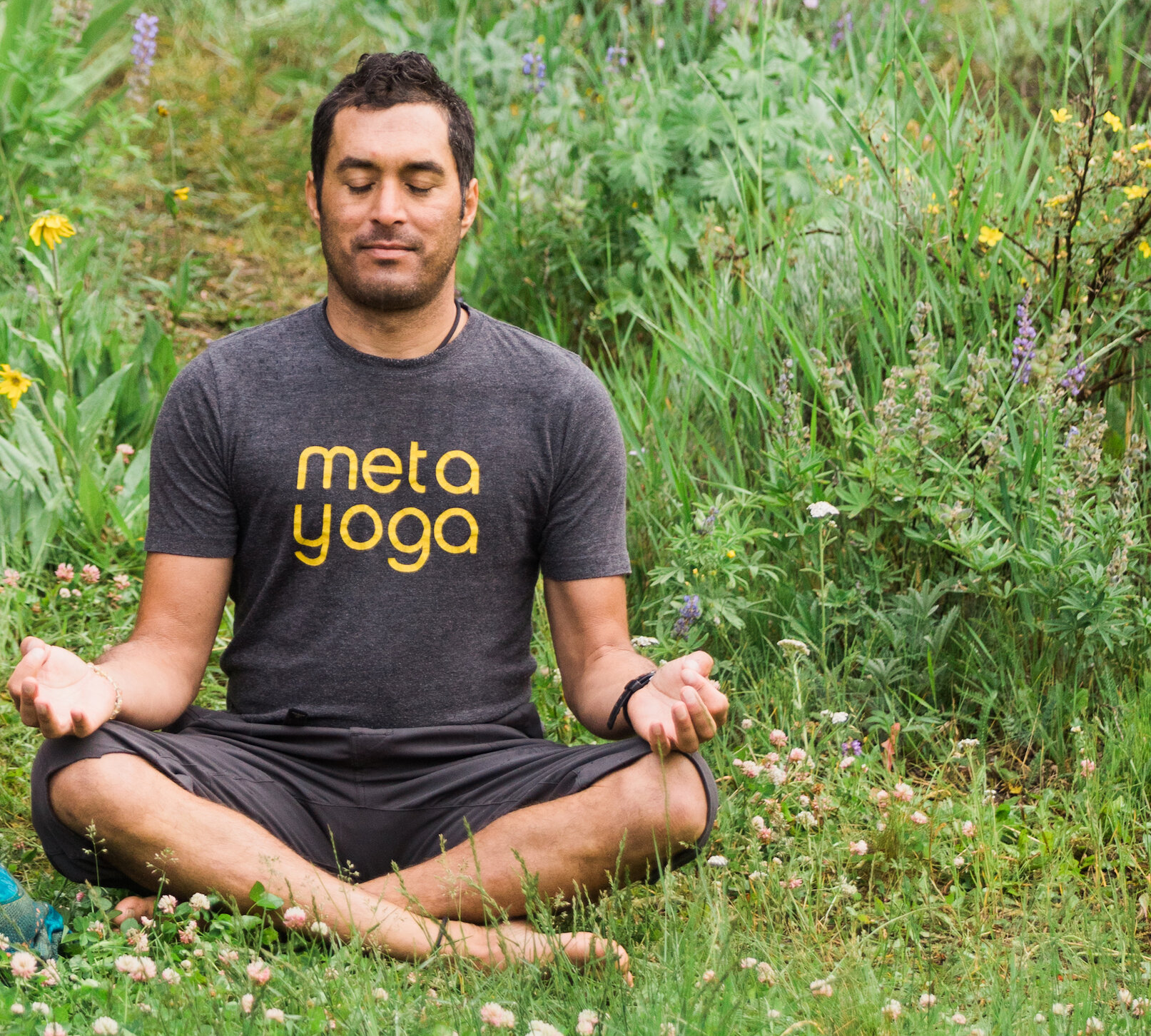Stories of Discrimination + Tools to Grow
By Todd Krishna Ghorai…
In case you did not know, I am a first generation South Asian American. That's right. My name is not a spiritually gifted one, as I have often been accused of, and I am not considered Caucasian, an argument that I endured and lost with a Census Enumerator in 2010. Being disowned by both my mother and father's relatives for being a mixed race family, I had a very hard time with my identity growing up. Other kids would call me "Hadji", referencing the Jonny Quest character and the only other Indian that they knew of. The instance that hit me the most was when they would discover my middle name and tease me by singing "Hare Krishna, Hare Krishna, Krishna, Krishna, Hare, Hare". This embarrassed me and drove me further from trying to create any connection with my heritage. Going by my first name, Todd, felt much more comfortable as I continued the work of assimilation.
I share this with you not to be self-centered, but to bring to light that there are larger stories beneath the surface. Stories of struggle and growth. Stories of happiness and sadness. Stories of discrimination that can lead towards the taking away of an individual's personal power.
In a 2018 study by NPR, Robert Woods Johnson Foundation, and Harvard School of Public Health on Discrimination in America, every single demographic believes they have been discriminated against. Nobody is immune, but some groups are discriminated against more than others and it is through their stories that we are able to shed the light on inequality. We can begin to see the world through the eyes of others in order to work more unified towards caring for all community members regardless of race, ethnicity, sexual orientation, and the like. Dr. Nita Mosby Tyler of the Denver Equity Project says it so well in her 2019 TED Talk, "What If White People Led the Charge to End Racism?"
There is a yogic concept called Dharma. It refers to your inherit purpose and when followed it can lead you, community, and the world towards unity and harmony. Nobody can tell you what your individual purpose and pathway is; it is something found within and varies wildly between individuals. As we all embark on social justice efforts, there is no wrong or right way nor is there is a "one-size-fits-all" solution. What is right for you? What is your gut telling you? If you are unsure where to start, here are a handful of starting points:
VOTE Let your voice and desires be heard by politicians on the local, state and national levels. Vote in primary elections and general elections. Never miss an opportunity to contribute.
RESPONE TO THE CENSUS EVERYONE counts. Yes, that means you and everyone that lives with you. The final counts affect allocation of congressional seats and federal funds in your community.
SPEAK UP Familiarize yourself with the types of discrimination. When you see someone being discriminated against, say something.
DIVERSIFY COMMUNITY ACTIVITIES If you own a business, offer more ways for inclusivity. If you don't own a business, think of your friends that may be intimidated by an activity based on non-inclusivity and invite them to join you. We've made one avenue a little more open at Meta by offering a Pay-It-Forward Program to be sure that finances aren't a roadblock to mental health and wellness.
SEEK OUT INCLUSIVITY, DIVERSITY, ANTI-RACISM, AND EQUALITY TRAININGS Look for ways to bring higher awareness to your local communities and businesses.
ASK OTHERS ABOUT THEIR STORIES After all, our stories are what truly define us. Stories help us to see the world through another's eyes. They build compassion, trigger support, and start movements.





